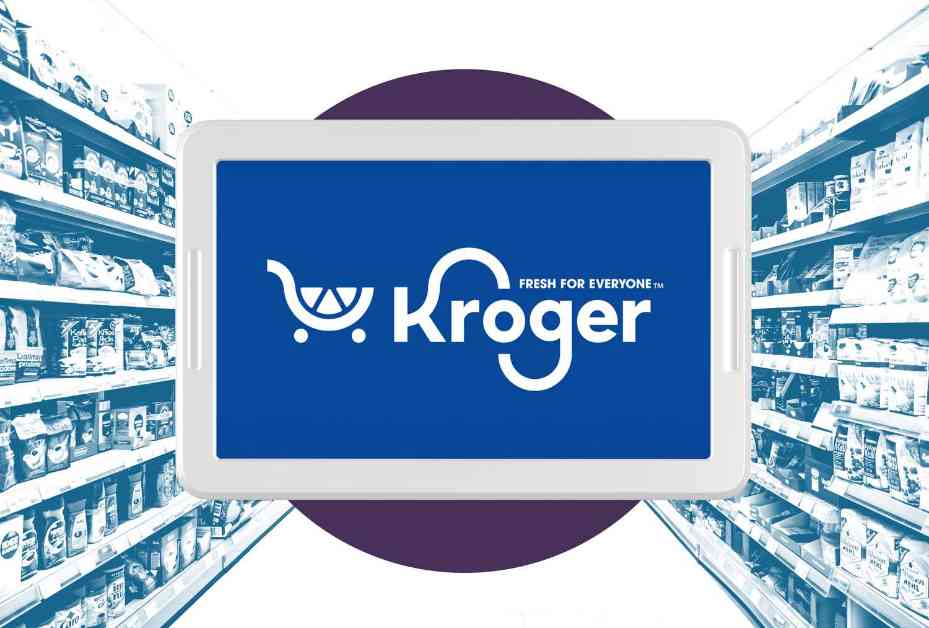Massachusetts Senator Elizabeth Warren and Pennsylvania Senator Bob Casey are currently shining a spotlight on major U.S. grocery store chain Kroger, as they launch an investigation into the potential use of surge pricing tactics. The senators have expressed concerns over the use of Electronic Shelving Labels (ESLs) by Kroger, which could potentially lead to price hikes and exploitation of consumers.
Concerns Over Dynamic Pricing
On August 7th, Senator Warren issued a statement announcing that she and Senator Casey had sent a letter to Rodney McMullen, the Chairman and CEO of The Kroger Co., raising red flags regarding the grocery giant’s utilization of ESLs. These electronic labels, which display pricing information under individual items in stores, have the capability to facilitate dynamic pricing. This practice involves adjusting prices based on various temporary factors such as time of day or weather conditions.
According to the senators, by employing ESLs, Kroger could engage in price gouging by swiftly raising prices on products that are in high demand. This could potentially harm consumers by unexpectedly increasing their grocery costs. The ESLs used by Kroger are part of a technology known as the Enhanced Display for Grocery Environment (EDGE), developed in collaboration with Microsoft. Warren and Casey are concerned that this technology may be used to gather customer data to determine how much price manipulation customers can endure, ultimately leading to personalized pricing strategies.
Data Protection and Transparency
The senators have raised questions regarding the protection of consumer data and the transparency of Kroger’s pricing strategies. They are seeking information from Kroger on how the EDGE system is utilized, as well as how customer data is collected and safeguarded. Specific inquiries include whether Kroger has estimated the potential for increased prices or profit margins through dynamic pricing with EDGE, how dynamic prices are determined using the system, what factors influence price changes, and how customers are informed of price fluctuations.
Kroger, in response to inquiries, stated that their current focus is on reducing costs for customers. However, they did not disclose the frequency with which they adjust pricing using the technology. A spokesperson for Kroger emphasized that the company’s business model is centered around lowering prices over time to attract more customers, leading to increased revenue that can be reinvested in lower prices, higher wages, and an enhanced shopping experience. The company maintains that any testing of electronic shelf tags is aimed at providing greater value to customers, contradicting suggestions of potential exploitation.
Request for Transparency
Rodney McMullen, CEO of Kroger, is expected to respond to Warren and Casey’s inquiries by August 20th. The senators are awaiting detailed answers to their questions, seeking clarity on how Kroger utilizes the EDGE system and the extent of customer data collection and protection. The deadline for providing this information is fast approaching, and stakeholders are eager to see how Kroger addresses the concerns raised by the senators.
In conclusion, the investigation into Kroger’s potential surge pricing practices highlights the ongoing scrutiny of retail giants and their use of technology to influence consumer behavior. The outcome of this inquiry will shed light on the transparency and accountability of companies in the grocery industry, setting a precedent for ethical pricing practices and data protection in the retail sector.






















